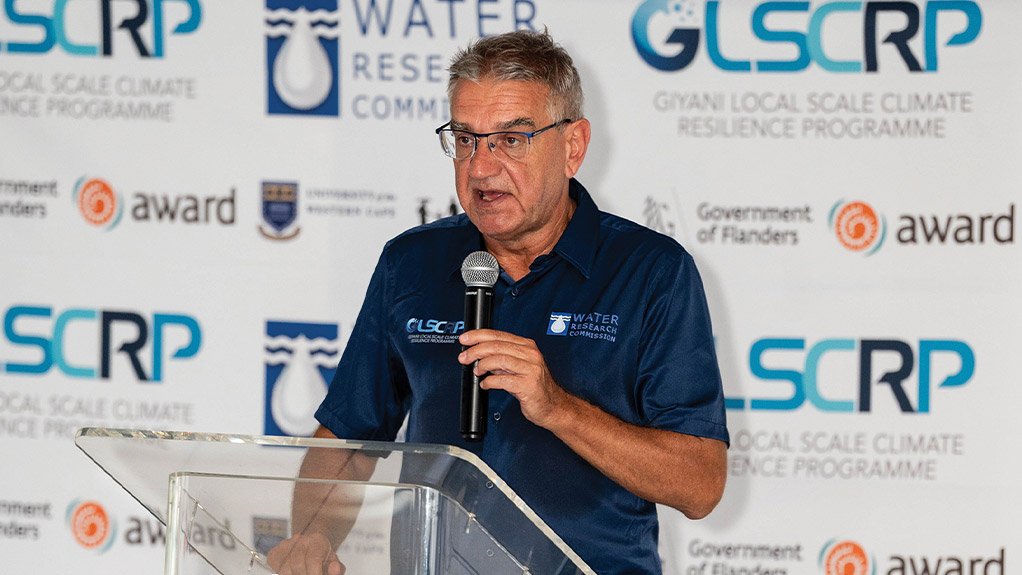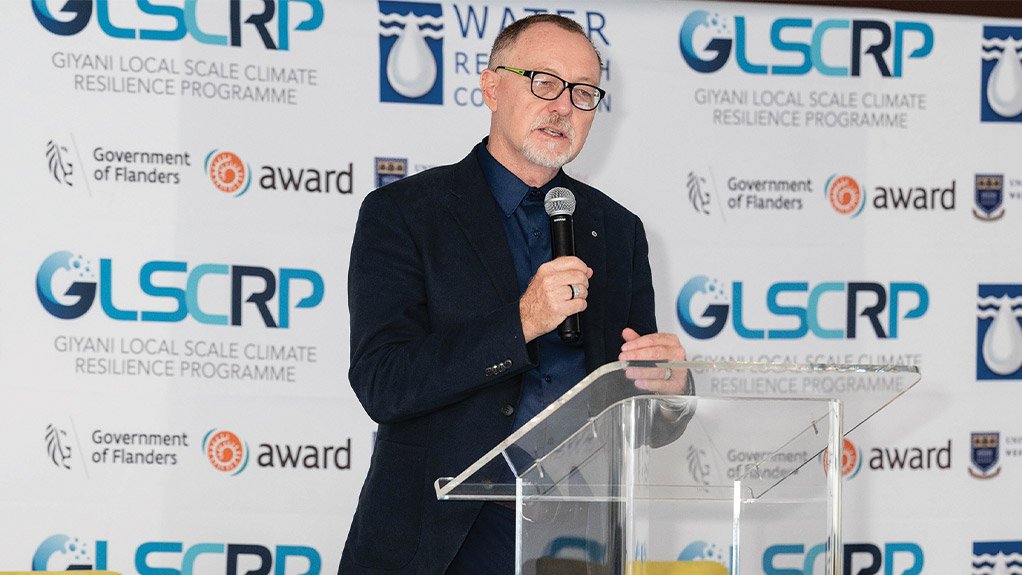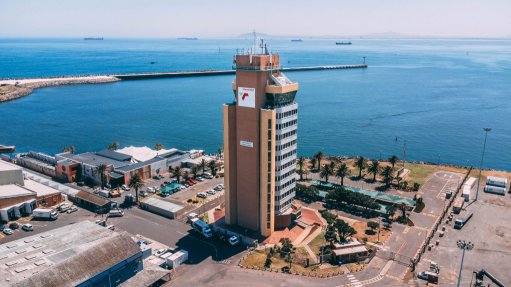Rural communities and local government have a critical role to play in anchoring rural water innovation



Nebo Jovanovic University of Western Cape associate professor
Derick Du Toit AWARD programme manager
Innovative, decentralised water technologies are transforming access to water in rural South Africa. But without an institutional home in local government, these solutions risk fading once project funding ends. Drawing on lessons from the Greater Giyani Local Scale Climate Resilience Programme (GLSCRP), Professor Nebo Jovanovic and Derrick du Toit explore why innovation impact relies on anchoring rural innovation within community and local governance systems.
South Africa is severely impacted by climate change. Droughts and floods have become more frequent, and shifts in rainfall and more extreme temperatures are expected in future. Water shortages resulted in a close-call “day-zero” in the City of Cape Town in 2017, but they also affected the nation across the board. Poor communities are particularly vulnerable. It is often overlooked that, before it comes “on tap”, water has to be collected, stored, pumped and distributed, the costs of which are built into water bills. Water is a precious resource that is often taken for granted. However, not all of the country’s population is provided the luxury of water and sanitation services.
Rural areas often lack basic services. One such area is in the floodplains of Greater Giyani Municipality, where villages are sparse, rainfall is erratic, infrastructure is poor, and bulk water supply has not been offered. Added to that, over-abstraction of water along the surrounding escarpment of Tzaneen and Modjadji and the non-perennial nature of the torrential rivers have reduced water availability. Water resources stored in the rivers’ sand beds and groundwater from adjacent fractured rock aquifers could bring relief to these communities and their economy. It is time the nation puts into action the numerous available drought strategies and scientific technologies to adapt to the “new normal” of weather patterns, and build more resilience into deprived communities.
One example of adaptation interventions has recently been implemented to support five smallholder farms and four villages in Greater Giyani Municipality. The interventions were driven by a partnership between government (Water Research Commission and Mopani District Municipality), the University of the Western Cape, nonprofit organisation Association for Water and Rural Development (AWARD) and the implementing agent Tsogang Water and Sanitation, with funding for infrastructure development coming from the Government of Flanders and the German Agency for International Cooperation (GIZ). The interventions consisted of decentralised solar-powered groundwater pumping schemes: boreholes, groundwater pumps, solar panel arrays, storage facilities and mini water treatment plants.
Decentralised utilisation of groundwater waives, at least temporarily, the need for a bulk water supply and reticulation system that is costly to construct in sparsely populated and unapproachable rural areas. Decentralised solar energy to pump water is affordable to needy communities and it reduces the likelihood of power supply disruptions. Storage facilities grant a reliable water supply, while water treatment secures water of drinkable quality to safeguard human health.
This technology package is proving to be technically feasible, economically viable and environmentally sustainable, with depleted groundwater recovering during periods of seasonal rainfall. Smallholder farms have been turned from family subsistence to self-sufficient commercial enterprises. More than 5 000 community members have been given easy access to water for their households within the village, relinquishing the daily chore of covering far distances to water sources. One of the fundamental notions of the intervention was to capacitate people on the ground to take ownership of the infrastructure, train them in the operation of the system and facilitate an agreed common savings account for daily maintenance costs.
However, without a municipal anchor, these systems risk becoming orphaned once external support ends. Local government provides the necessary framework for coordination, oversight and alignment with broader development and service delivery plans. It can ensure continuity of technical support, budgeting for operations and maintenance, as well as institutional legitimacy. In Giyani, where infrastructure gaps are vast and communities are vulnerable to climate shocks, embedding such projects within municipal systems enhances accountability, strengthens local ownership and supports long-term resilience. The GLSCRP highlighted that even when community ownership and savings schemes are established, alignment with municipal planning is essential to institutionalise and scale these innovations.
Article Enquiry
Email Article
Save Article
Feedback
To advertise email advertising@creamermedia.co.za or click here
Press Office
Announcements
What's On
Subscribe to improve your user experience...
Option 1 (equivalent of R125 a month):
Receive a weekly copy of Creamer Media's Engineering News & Mining Weekly magazine
(print copy for those in South Africa and e-magazine for those outside of South Africa)
Receive daily email newsletters
Access to full search results
Access archive of magazine back copies
Access to Projects in Progress
Access to ONE Research Report of your choice in PDF format
Option 2 (equivalent of R375 a month):
All benefits from Option 1
PLUS
Access to Creamer Media's Research Channel Africa for ALL Research Reports, in PDF format, on various industrial and mining sectors
including Electricity; Water; Energy Transition; Hydrogen; Roads, Rail and Ports; Coal; Gold; Platinum; Battery Metals; etc.
Already a subscriber?
Forgotten your password?
Receive weekly copy of Creamer Media's Engineering News & Mining Weekly magazine (print copy for those in South Africa and e-magazine for those outside of South Africa)
➕
Recieve daily email newsletters
➕
Access to full search results
➕
Access archive of magazine back copies
➕
Access to Projects in Progress
➕
Access to ONE Research Report of your choice in PDF format
RESEARCH CHANNEL AFRICA
R4500 (equivalent of R375 a month)
SUBSCRIBEAll benefits from Option 1
➕
Access to Creamer Media's Research Channel Africa for ALL Research Reports on various industrial and mining sectors, in PDF format, including on:
Electricity
➕
Water
➕
Energy Transition
➕
Hydrogen
➕
Roads, Rail and Ports
➕
Coal
➕
Gold
➕
Platinum
➕
Battery Metals
➕
etc.
Receive all benefits from Option 1 or Option 2 delivered to numerous people at your company
➕
Multiple User names and Passwords for simultaneous log-ins
➕
Intranet integration access to all in your organisation



















